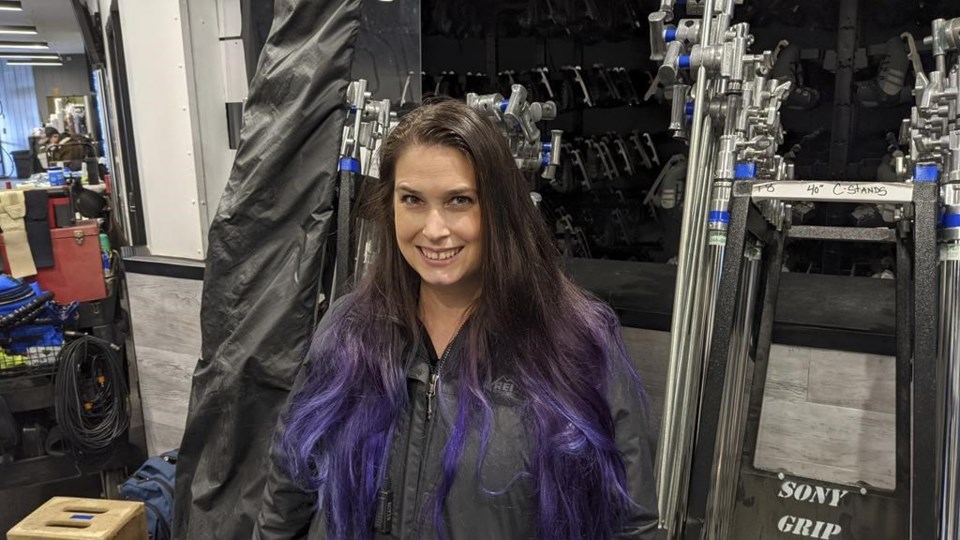LOS ANGELES (AP) — Film industry crew members have narrowly voted to approve a pair of contracts with Hollywood producers after a standoff that came within days of a strike that would have halted productions across the U.S., union leaders said Monday.
The agreements passed 56% to 44% among delegates from the 36 local unions of the International Alliance of Theatrical and Stage Employees in the voting system that resembles the U.S. Electoral College.
But in the popular vote, 50.3% said yes and 49.7% no to the two contracts combined of the 45,000 members who cast a ballot in voting held from Friday through Sunday. And the larger of the two contracts, which primarily covers film and TV production on the West Coast, actually lost the popular vote by a narrow margin.
The razor-thin totals stood in contrast to the last vote from union members, in which 98% approved giving union leaders the authority to call a strike.
“We were very fired up, that really gassed up the membership, we were ready to strike,” said Brandy Tannahill, who works as a grip setting up lighting equipment on sets.
A victorious “no” vote would have reopened negotiations and brought back the possibility of a work stoppage.
There was relief among many members when the three-year deal was reached with producers on Oct. 16, two days before a strike deadline.
But many others were disillusioned with the details, saying the contracts didn't go far enough to address issues like long workdays that may lack breaks or lunch, and the debilitating fatigue it causes.
Veteran stagehand Jason Fitzgerald said in an email after the results were announced that he was “Disappointed. Disgusted. Sold out by leadership. Not surprised.”
Tannahill said that membership was “left in the dark” immediately after the agreement was reached.
“It was very frustrating to see the strike was called off without us seeing any of the tentative agreements in the contract," she said.
A late series of unsanctioned, grass-roots town halls organized by Tannahill and other members and other unofficial communications on what was in the contracts and how a strike and further negotiations would work shifted the momentum, though not in time to change the outcome.
“I think if we had to redo this election, it would be an overwhelming no,” Tannahill said.
The vote also took place in the shadow of the shooting that killed cinematographer Halyna Hutchins and injured director Joel Souza on the New Mexico set of the film “Rust.”
Alec Baldwin, the film’s star-producer who fired the gun, called it a “one-in-a-trillion event,” but many felt like the incident was emblematic of the industry’s corner-cutting and critical flaws.
According to the union, core safety and economic issues are addressed in the proposed agreements covering workers on film and TV productions.
“Our goal was to achieve fair contracts that work for IATSE members in television and film — that address quality-of-life issues and conditions on the job like rest and meal breaks,” IATSE International President Matthew Loeb said in a statement. “We met our objectives for this round of bargaining and built a strong foundation for future agreements.”
The agreements include across-the board wage increases and increased compensation paid by streaming services, who had long been allowed lower pay rates, union leaders said.
The Alliance of Motion Picture and Television Producers, which represents Hollywood studios and other production entities, said in a statement that "throughout the negotiations, IATSE leadership advocated changes to improved quality of life" and the "agreements meaningfully reflect the industry’s endorsement of those priorities and keep everyone working.”
IATSE represents about 150,000 behind-the-scenes workers, including stagehands, cinematographers, costumers and others employed in all forms of entertainment, from movies and TV to theater, concerts, trade shows and broadcasting.
___
Follow @AP Entertainment Writer Andrew Dalton on Twitter: https://twitter.com/andyjamesdalton
Andrew Dalton, The Associated Press




